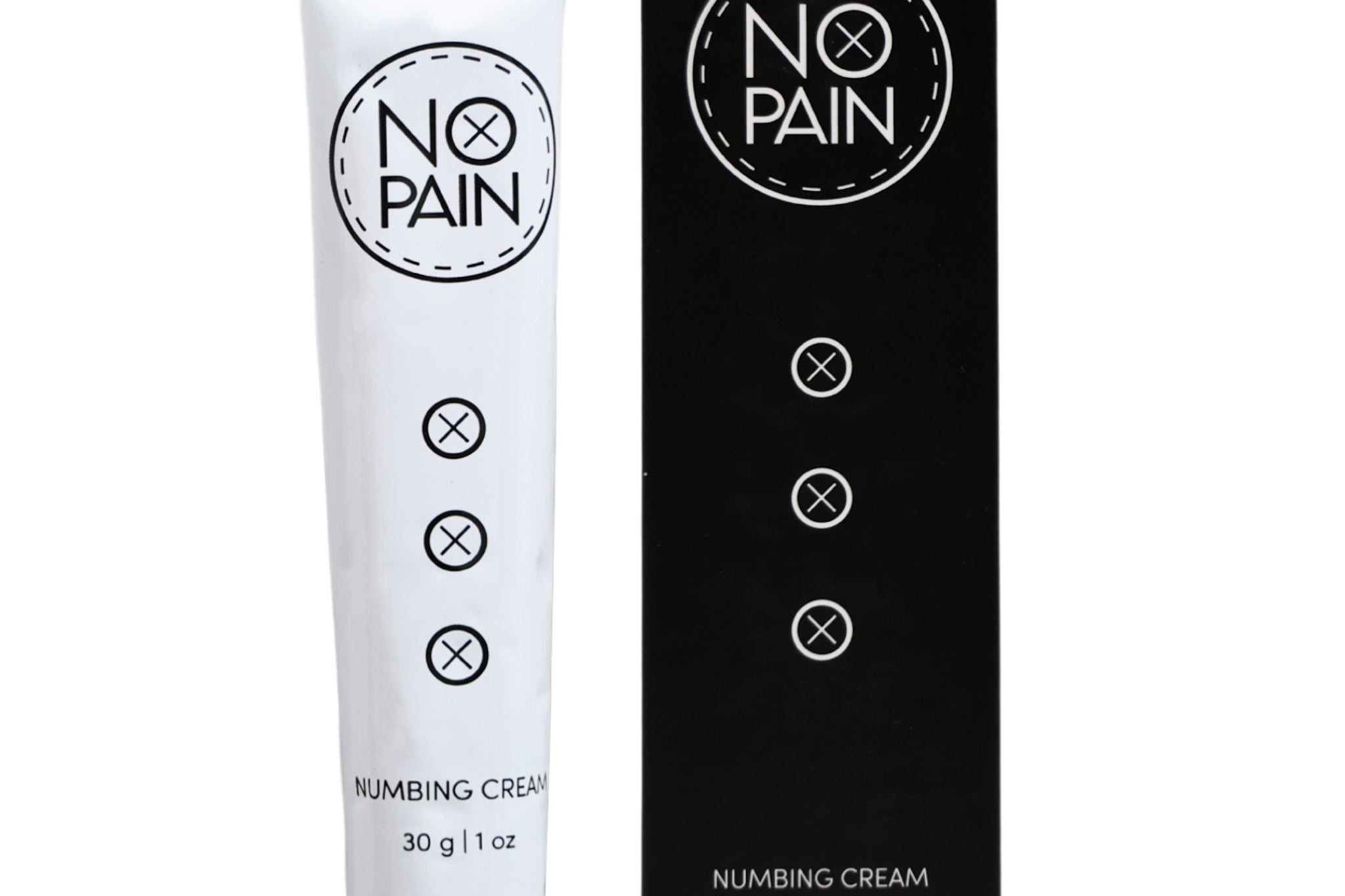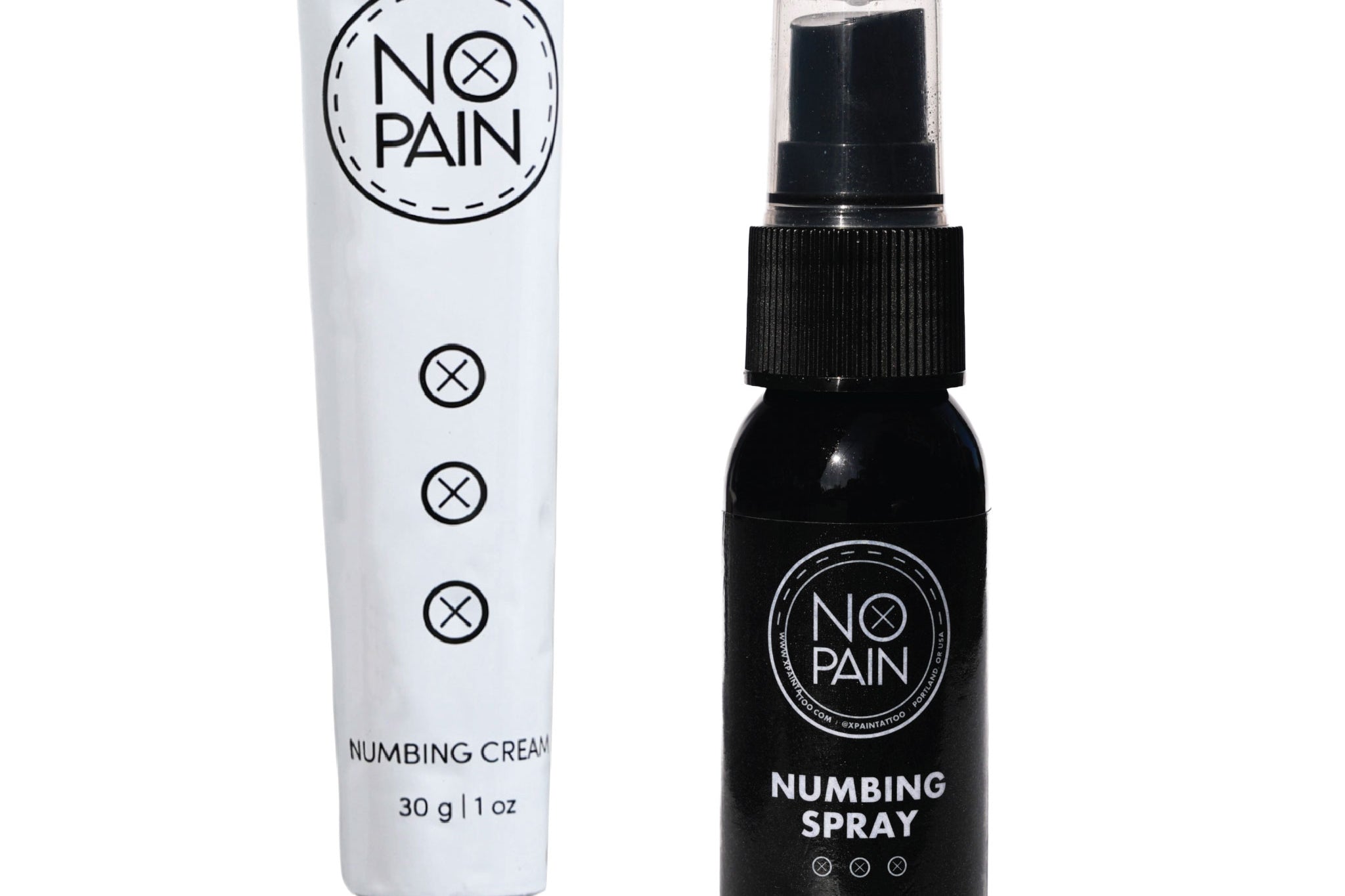Our bodies are not static. Over a lifetime, it's completely normal to experience changes in weight, whether through building muscle, pregnancy, weight loss, or just the natural shifts that come with aging. If you have tattoos, or are planning to get one, a valid question often arises: "Will gaining or losing weight stretch, shrink, or ruin my tattoos?"
It's a concern that keeps many people from getting tattoos on certain parts of their body. But for the vast majority of people, the answer is reassuring.
The short answer is this: Moderate, gradual weight fluctuations will have little to no noticeable effect on your tattoos. Your skin is an incredibly elastic organ. However, for very rapid and significant changes, some distortion is possible. This is your realistic guide to how weight changes can affect your ink and what you can do to keep your tattoos looking great as your body evolves.
The Science of Your Skin's Elasticity
Think of the design on a balloon. If you inflate it a little more or let a little air out, the image stays largely intact. It's only when you dramatically and rapidly inflate or deflate it that the image becomes truly distorted. Your skin is similar, but far more resilient.
Slow, gradual changes in your body give the skin time to adapt, which minimizes any effect on the tattoo. It's the rapid, significant changes that can sometimes cause noticeable effects.
The Effects of Significant Weight Gain
When you gain a significant amount of weight, your skin stretches. A tattoo in that area will stretch along with it.
-
Distortion: For most organic designs (like flowers, animals, or flowing patterns), this stretching is barely perceptible. However, for tattoos with precise geometric shapes, lettering, or perfect circles, a very large weight gain could cause some visible distortion.
-
Stretch Marks: The biggest risk from significant and rapid weight gain is stretch marks. These are tears in the dermis layer of your skin—the same layer where your tattoo ink resides. If a stretch mark forms directly through your tattoo, it can create a permanent scar-like line through the design. This is irreversible and the most significant potential damage.
The Effects of Significant Weight Loss
When you lose a large amount of weight, the primary issue isn't that your tattoo "shrinks," but rather the change in the canvas it's on.
-
Skin Laxity (Loose Skin): The main concern with major weight loss is loose or sagging skin. The tattoo itself will remain the same size, but the skin it's on might not be as taut as it once was.
-
Appearance Changes: This can cause the tattoo to look a bit wrinkled or slightly less defined, as its appearance changes with the texture of the skin underneath.
Placement is Everything: High-Risk vs. Low-Risk Areas
If you anticipate significant body changes in your future, placement can be a key factor in your decision.
-
High-Risk Areas (areas that stretch the most):
-
Stomach / Abdomen
-
Hips, Thighs, and Buttocks
-
Inner and Upper Arms (Biceps/Triceps)
-
Chest and Sides / Ribs
-
-
Low-Risk Areas ("bony" areas with less soft tissue):
-
Forearms and Wrists
-
Calves and Ankles
-
Feet and Hands
-
Upper Back and Shoulder Blades
-
Back of the Neck
-
Your Best Defense: Healthy and Hydrated Skin
You can't always control how your body changes, but you can control the health and elasticity of your skin. Healthier skin is more resilient and can adapt to changes more effectively, which can help minimize the effects on your tattoos.
This is where a consistent, nourishing skincare routine becomes a form of tattoo preservation.
-
Hydration is Key: Keeping your skin deeply moisturized is the best way to support its natural elasticity. This is especially important during periods of weight change.
-
Nourish Your Canvas: Our No Pain Tattoo Aftercare Balm isn't just for healing; it's a lifetime maintenance tool for your skin. Its formula is packed with natural butters and oils that nourish the skin, improve its texture, and keep it supple. While no cream can prevent stretch marks entirely, keeping your skin in its healthiest possible condition is your best defense.
The Verdict: Don't let the fear of future body changes stop you from getting the tattoo you want. For most people and most tattoos, the effect of weight gain or loss will be minimal and often completely unnoticeable. The keys are to aim for gradual changes when possible, choose placements wisely if you anticipate significant fluctuation, and most importantly, keep your skin healthy and moisturized for life.
Your body's story will change over time, and your tattoos are a beautiful part of that story. With a little care, they can evolve right along with you.




